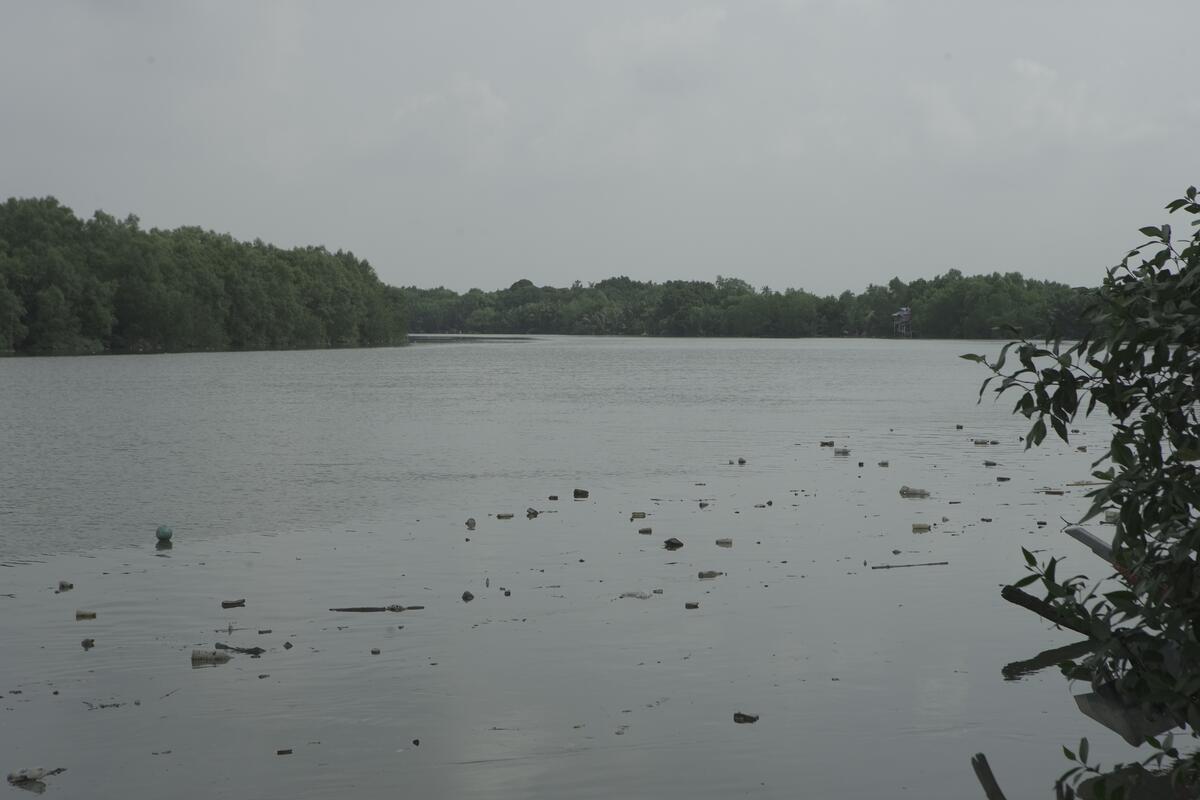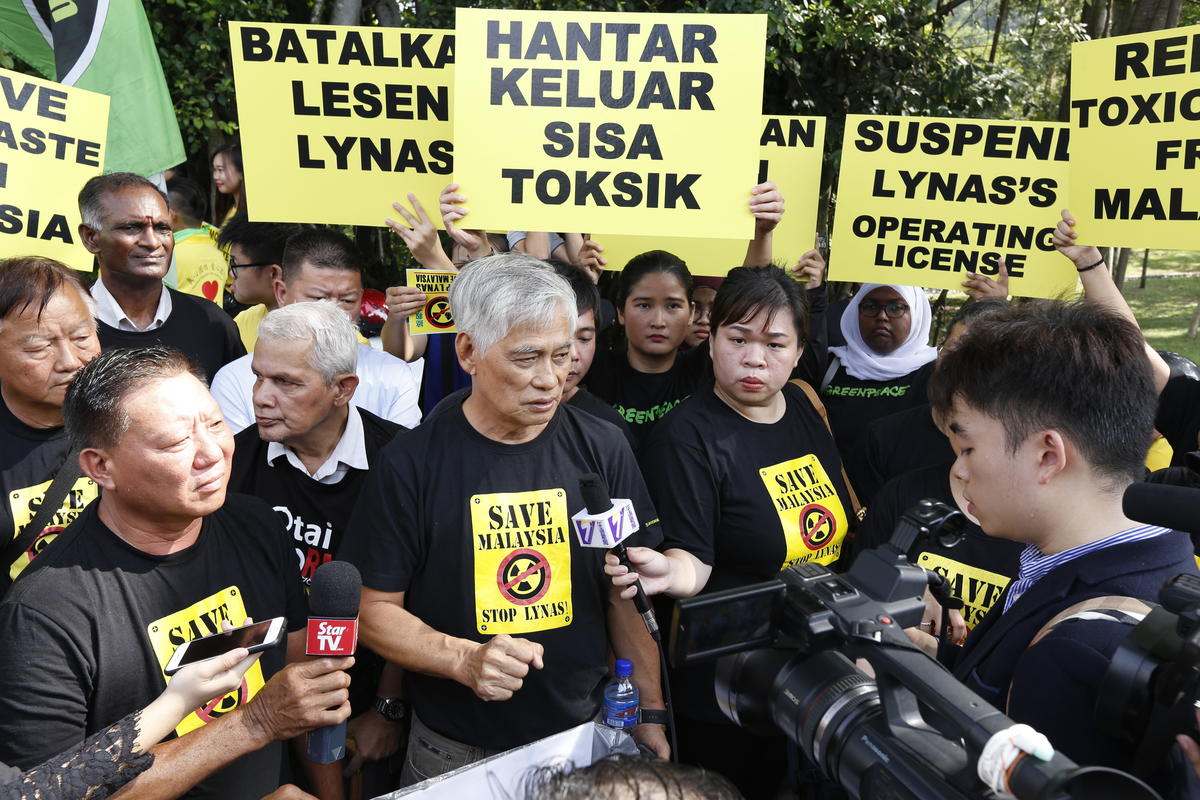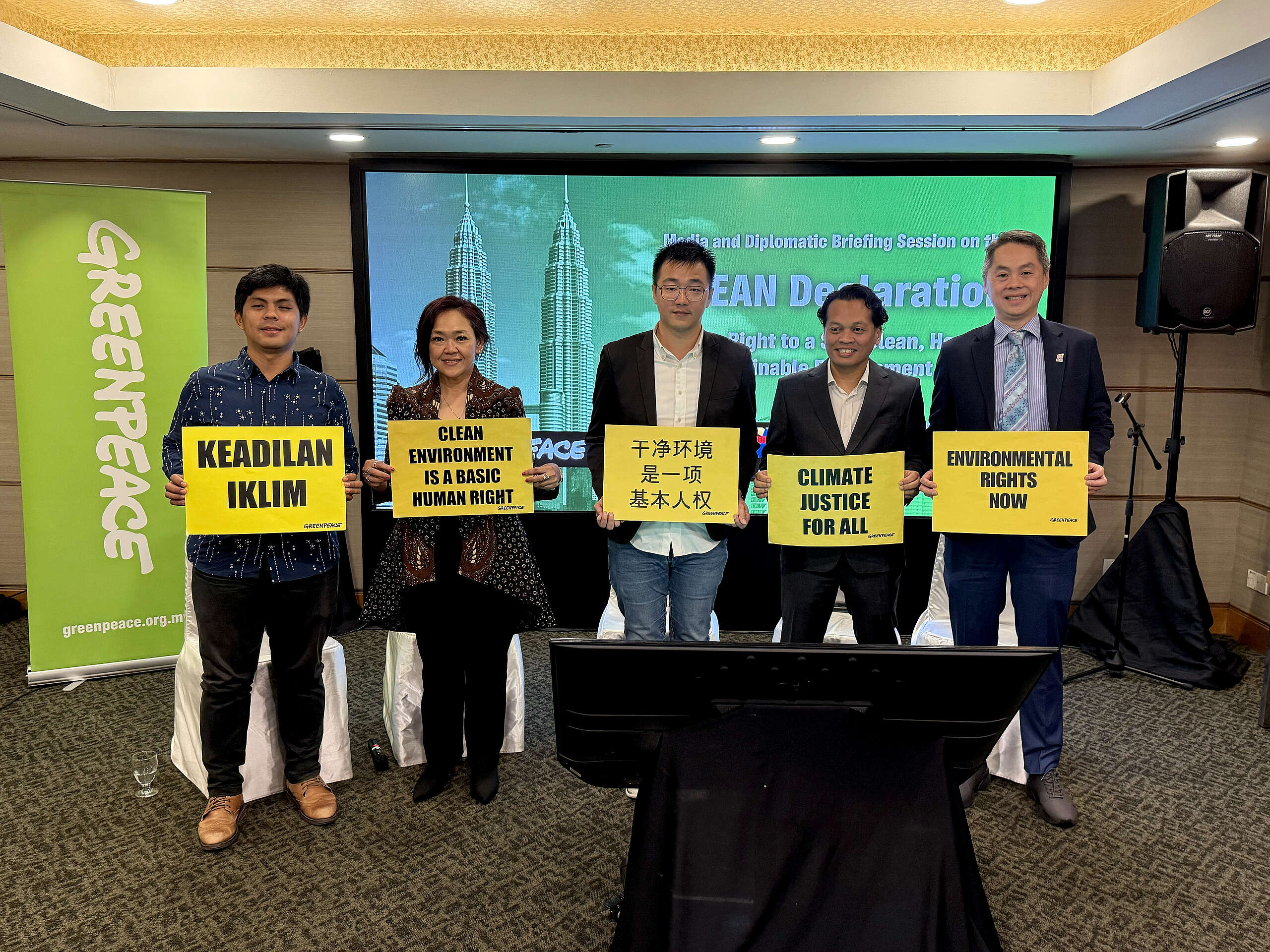Transboundary haze: An opportunity for Malaysia to lead responsible plantation practices in ASEAN
Open Letter to YB Datuk Seri Johari Abdul Ghani
YB Datuk Seri Johari Abdul Ghani,
Congratulations on your new role as the Natural Resources and Environmental Sustainability Minister. With this new role comes a profound responsibility, this is a rare opportunity to shape a cleaner, healthier, and more sustainable future for Malaysia and our ASEAN neighbors.
One of the most urgent challenges facing our region is the recurring transboundary haze, a crisis that has plagued Southeast Asia for decades. It is more than just a seasonal inconvenience; it is a public health emergency, an economic burden, and an environmental disaster. Recently, several states in Peninsular Malaysia have again been affected by transboundary haze, underscoring the need for decisive action.
Why the Haze Crisis Needs Immediate Action
History has shown the devastating impact of haze. Millions of Malaysians, Singaporeans, and Indonesians have been forced to breathe toxic air. Schools close, children miss classes, tourism stalls, respiratory illnesses surge, flights are canceled, and businesses slow down. Farmers and fishermen lose their livelihoods, while healthcare systems struggle.
The root cause is well known— Peatland degradation and slash-and-burn land clearing in Sumatra and Kalimantan, driven largely by palm oil and pulpwood plantation expansion. This issue is complex because it transcends national borders. No single country can solve it alone.
As Malaysia assumes the ASEAN Chairmanship in 2025, our leadership on sustainability and transboundary challenges will come under the spotlight. If haze returns, it will undermine Malaysia’s credibility at a time when we should be showcasing regional leadership on climate action and responsible business practices.
Malaysia’s Opportunity to Lead
1. Driving Responsible Business Practices
The haze is also a business and governance issue. The Indonesian and Malaysian plantation industries are deeply intertwined. Some plantation companies, including those with Malaysian ties operating in Indonesia, have been linked to unsustainable practices.
This is an opportunity for Malaysia’s plantation sector to prove that they will no longer tolerate deforestation or peatland destruction. Otherwise, Malaysian-owned companies in Indonesia risk being shamed for contributing to haze, as happened during the 2015 and 2019.
Most importantly, the way to restore the plantation sector’s reputation is to stop companies destroying peatlands that increase peat fires and transboundary haze. Malaysian companies should prove that they are not involved. This approach will not only improve air quality, in fact, stronger measures will help Malaysia to stand out as ethical and sustainable leaders in the global market.
2. Enact a law to address transboundary haze
As recommended by the Human Rights Commission of Malaysia (SUHAKAM) in its Right to Clean Air report, Malaysia should enact a comprehensive Clean Air Act that specifically addresses transboundary air pollution. Such a law would:
- Empower the government to hold Malaysian citizens and businesses accountable, even if their operations abroad contribute to haze.
- Serve as a deterrent against irresponsible practices.
- Complement sustainable farming and peatland restoration efforts to prevent future haze incidents.
For plantation companies not involved in peat fires or haze, this is not a threat but an opportunity. Supporting such a law internationally proves they are clean, transparent, and responsible. Penalties would target only the “bad apples” in the industry, protecting the integrity of responsible businesses. Malaysia used to say cross-border air pollution law is still possible. It is time to show political will to make this happen.
3. Use ASEAN to Champion Environmental Rights
While the ASEAN Agreement on Transboundary Haze Pollution exists, it has not been strong enough to end the haze crisis. Malaysia can use its ASEAN Chairmanship to push for ASEAN Environmental Rights, in line with the recent UN resolution affirming the right to a clean, healthy, and sustainable environment.
Recognising this right would mean governments have a duty to prevent cross-border environmental harm, corporations must be held accountable for destroying environments and ASEAN moves from promises to real action that protects justice, health, and sustainability for future generations.
The haze crisis is a question of justice, health, and sustainability for future generations. This would position Malaysia as a regional voice for clean air, corporate responsibility, and sustainable development, showing that ASEAN solidarity can tackle even the toughest cross-border challenges.
Looking Forward
YB Minister, the transboundary haze crisis has persisted for too long. What we need now is lasting change.
Malaysia’s ASEAN Chairmanship this year focuses on “Inclusivity and Sustainability”—a theme that must be matched with bold action. By driving responsible business practices, enacting a Clean Air Law, and championing ASEAN Environmental Rights, Malaysia can protect its people, safeguard the region, and set a new standard for corporate accountability.
Together, we can ensure that future generations will no longer know the suffocating haze that has clouded our skies and our progress for decades.
The time for decisive action is now.
With urgency and hope,
Heng Kiah Chun
Greenpeace Malaysia Campaign Lead



